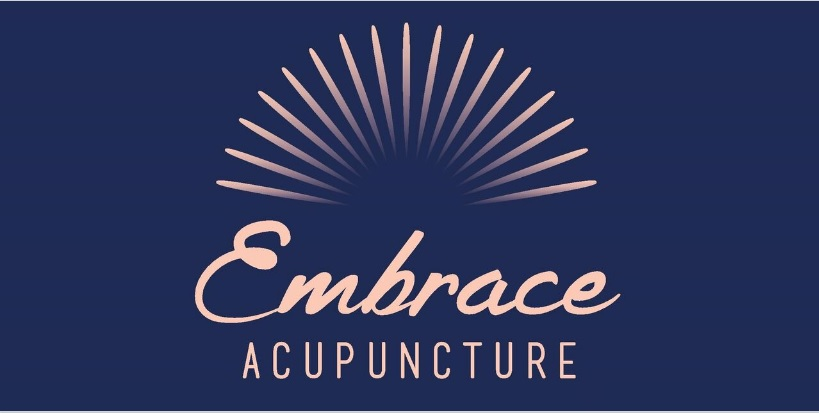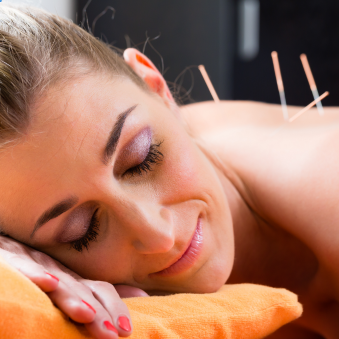Protein and Acupuncture for hormonal health and healthy ageing
Protein for Hormonal Health and Healthy Ageing
What’s all the fuss about protein?
In this blog, we explore why protein intake for women over 30 is essential for healthy ageing, how it supports skin, hormones, muscle and bone health, and how Acupuncture and protein work together to optimise wellness. We’ll also look at how Acupuncture for Peri Menopause & Menopause offers holistic support during this life stage. If you're interested in muscle loss prevention and natural ways to maintain vitality, this guide is for you!
At our clinic offering Women's Health Acupuncture in Melbourne, we take a personalised approach to wellness, combining modern nutritional insights with Traditional Chinese Medicine (TCM) practices to support every stage of a woman’s journey.
Learn more about our Women's Health Acupuncture Treatments.
Protein and Ageing: Why It Matters More with Time
As women age, hormonal changes, particularly during perimenopause and menopause, affect muscle mass, bone density, and metabolism. After the age of 30, muscle mass naturally declines by approximately 3-8% per decade. After menopause, that decline can accelerate even further.
Protein is foundational in maintaining muscle, supporting bone health, and providing sustained energy. Insufficient protein intake during these pivotal decades can lead to:
• Loss of lean muscle mass
• Increased risk of osteoporosis
• Lower metabolic rate and weight gain
• Fatigue and reduced recovery post-exercise
In TCM, ageing is associated with a decline in Kidney Jing (essence), which governs growth, reproduction, and vitality. Supporting the body through protein-rich foods and Acupuncture can help maintain this vital essence.
Additionally, during Peri-Menopause & Menopause, the body’s need for nutrient-dense foods increases, as estrogen levels drop and affect how efficiently the body uses protein, calcium, and other key nutrients. This makes adequate protein intake even more essential—not just for muscles and bones but also for immune health, brain function, and skin integrity.
How Acupuncture Supports Your Metabolism, Muscles and Bones
Acupuncture works by stimulating points on the body that regulate energy (Qi) flow, endocrine function, and musculoskeletal health. It does this by increasing blood flow to the area and switching your body out of stressed out fight or flight mode into the needed Rest, relax and digest mode.
For women facing age-related changes, Acupuncture can:
• Enhance digestion and absorption of nutrients, including protein
• Improve circulation and delivery of amino acids to muscles and bones
• Regulate hormonal fluctuations that affect metabolism, energy and cycles
• Support bone health by balancing Kidney and Liver meridians
• Stimulate collagen production and lift muscles in Facial Cosmetic Acupuncture
Benefits of Combining Acupuncture with Protein-Rich Diets
• Supports maintenance of lean muscle
• Helps protect and rebuild bone tissue
• Boosts immune system function
• Reduces cravings and stabilises blood sugar
• Enhances post-exercise recovery
• Promotes healthy hair, skin, and nails
How Much Protein Do Women Really Need?
Current guidelines suggest women over 30 should aim for 1.2 to 1.6 grams of protein per kilogram of body weight daily to maintain muscle and bone health. That means a 65kg woman needs around 80-100g of protein per day.
Protein Content of Common Foods
Here's a helpful table to get a sense of how much protein is in your meals:
Holistic Advice for Healthy Ageing
To optimise your wellbeing:
• Eat protein with every meal, especially breakfast
• Include strength-based exercise 2-3x per week
• Hydrate adequately
• Support digestion with warm, cooked foods (as per TCM advice)
• Consider Chinese herbs that tonify Qi and strengthen the Kidneys
Also, pay attention to sleep and stress. Chronic sleep deprivation and high cortisol levels can impair protein synthesis and muscle recovery, reducing the benefits of both nutrition and acupuncture. Practices like meditation, deep breathing, and regular Acupuncture for insomnia and stress can help reset the nervous system.
Always consult your qualified healthcare provider or Dietitian before making major dietary changes.
Ready to Feel Strong and Energised?
Protein and Acupuncture can be a powerful team for women entering a new phase of life. We’d love to support your journey to strength, energy and graceful ageing. Let’s work together to create a personalised wellness plan that nourishes your body, balances your hormones, and supports your long-term vitality.
Book an Appointment Today!
This blog was written by Dr Katie (TCM), a registered Acupuncturist & Herbalist at Embrace Acupuncture Melbourne.
Katie loves to help people feel great inside and out with Cosmetic Acupuncture, Gut Health support and Hormonal support from teens, to fertility, pregnancy and through to menopause. Katie works to restore balance in the body by using a personalised mix of Acupuncture, Herbal Medicine, and Integrative Health strategies.
Learn more about Katie





